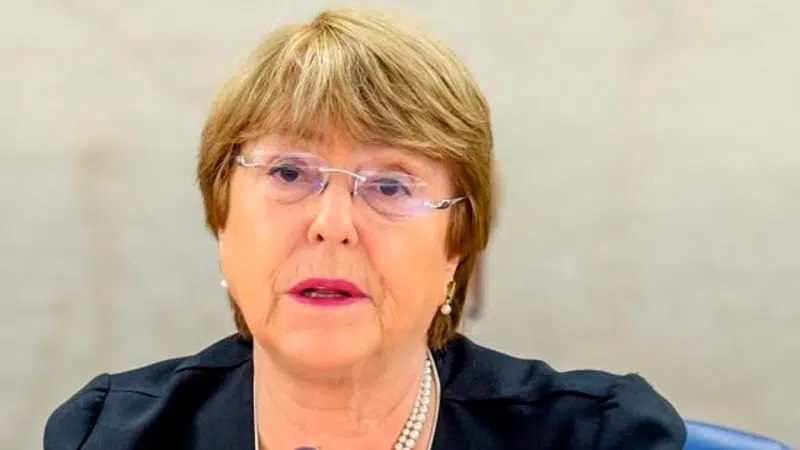
UN: 5,287 killings in Venezuela security operations in 2018
GENEVA — Venezuela’s government registered nearly 5,300 killings during security operations last year linked to cases of “resistance to authority,” the U.N. human rights chief reported Thursday, denouncing a “shockingly high” number of extrajudicial killings.
Michelle Bachelet’s report focusing on the last 18 months follows her trip to the troubled South American country last month and draws upon over 550 interviews conducted by her office with rights defenders, victims, witnesses of rights violations and other sources. She and her teams held nearly 160 meetings with state and other stakeholders. Bachelet, a former Socialist president of Chile, herself met with Venezuelan President Nicolás Maduro last month.
Authorities in Maduro’s government tallied 5,287 killings during security operations that were classified as cases of “resistance to authority,” plus another 1,569 this year through May 19, the report said. It also cited separate figures by the Venezuelan Violence Observatory of at least 7,523 such killings of that type last year, plus at least 2,124 from January to May this year.
“The incidence of alleged extrajudicial killings by security forces, particularly the special forces (FAES), in the context of security operations has been shockingly high,” Bachelet’s office said.


